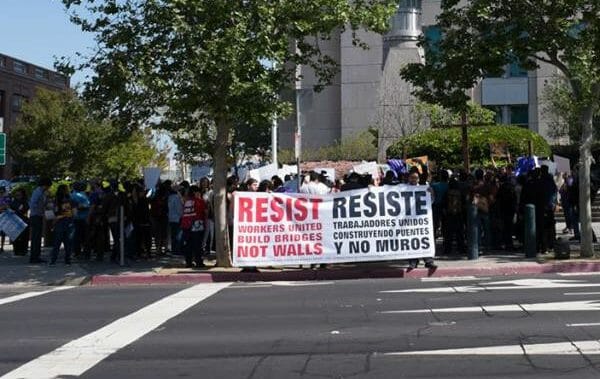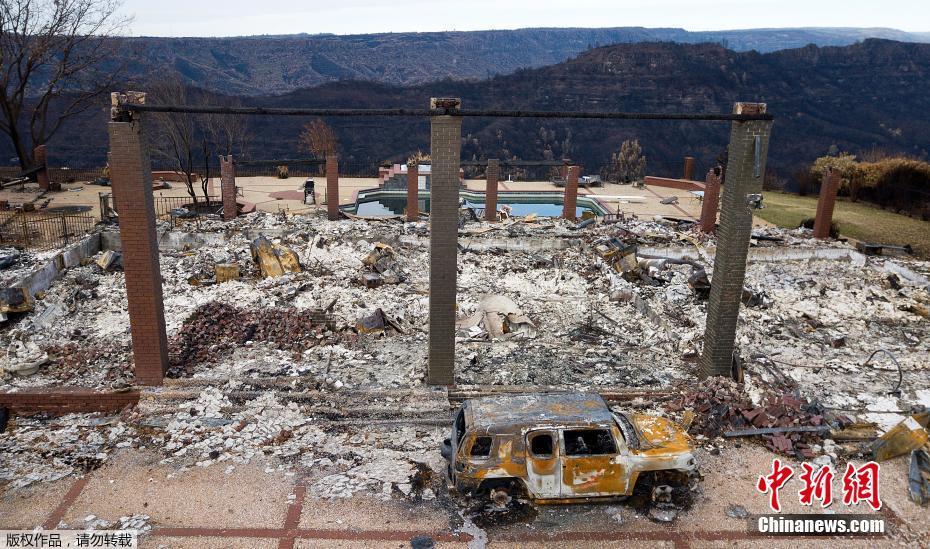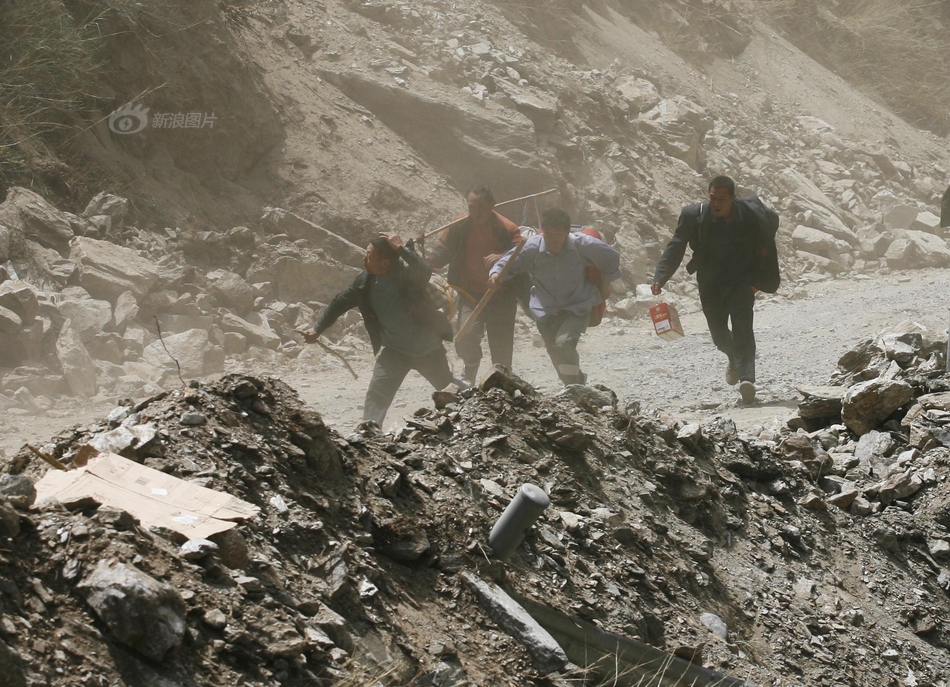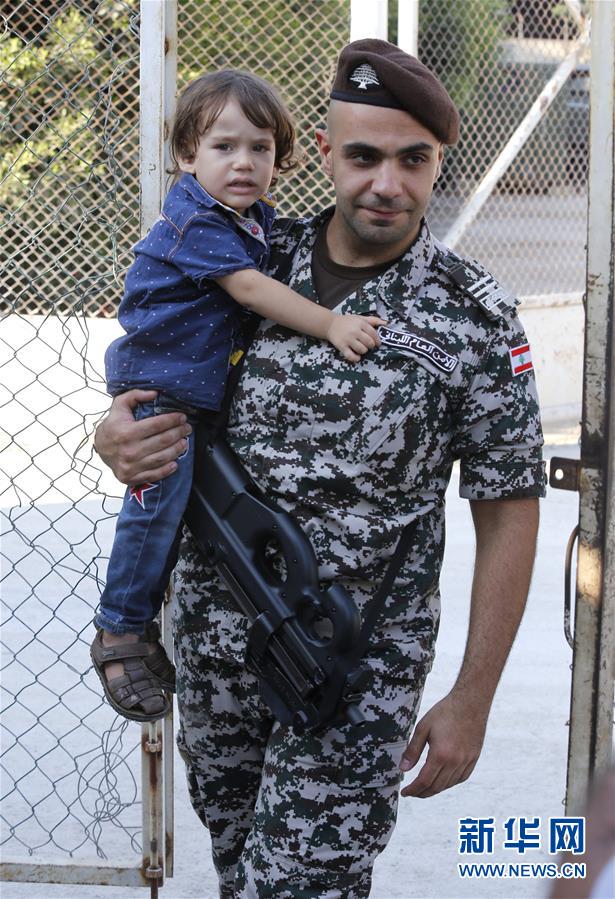Facebook has just removed a number of Facebook pages belonging to individuals and garden of eroticism lyricsgroups in Myanmar for spreading hate speech and fake news against Rohingya Muslims in the country.
In a post titled “Removing Myanmar Military Officials From Facebook” on its Newsroom site, Facebook announced it had removed 52 Pages,18 accounts, and an Instagram profile related to spreading the type of misinformation used to incite violence and ethnic cleansing in Myanmar.
To drive home just how influential these Pages were, Facebook pointed out that the Pages were followed by close to 12 million people in total. In Myanmar, a country with a population of 50 million people, its estimated that 30 million use Facebook.
SEE ALSO: After losing trust of its users, Facebook assigns them a ‘trustworthiness’ scorePerhaps the biggest news comes from just exactly who they are banning from their platform. “Specifically, we are banning 20 individuals and organizations from Facebook in Myanmar,” said Facebook, “including Senior General Min Aung Hlaing, commander-in-chief of the armed forces.” This would mark the very first time that the company has banned a state official from using Facebook.
In addition to the Myanmar military command-in-chief, Facebook announced it was removing accounts belonging to the military’s Myawady TV network, as well as Pages presenting itself as independent news but in reality was covertly pushing Myanmar military propaganda.
The company also announced that while the Pages and profiles have been removed, they will be preserving the related data, which includes the content posted on these accounts.
This Tweet is currently unavailable. It might be loading or has been removed.
The United Nations has been critical of Facebook for the role it has played in the spread of ethnic violence in Myanmar. Just earlier today, the U.N. Human Rights Council released its Report of Independent International Fact-Finding Mission on Myanmarand had this to say about Facebook:
“The role of social media is significant. Facebook has been a useful instrument for those seeking to spread hate, in a context where for most users Facebook is the Internet. Although improved in recent months, Facebook’s response has been slow and ineffective. The extent to which Facebook posts and messages have led to real-world discrimination and violence must be independently and thoroughly examined. The Mission regrets that Facebook is unable to provide country-specific data about the spread of hate speech on its platform, which is imperative to assess the adequacy of its response.”
In it’s post about the banned accounts, Facebook acknowledged the report and admitted that “while we were too slow to act, we’re now making progress.” Facebook said they are now working “with better technology to identify hate speech, improved reporting tools, and more people to review content.”
Topics Facebook Social Media
(Editor: {typename type="name"/})
 Amazon Big Spring Sale 2025: Best air purifier deals from Dyson, Shark, LG, and more
Amazon Big Spring Sale 2025: Best air purifier deals from Dyson, Shark, LG, and more
 This is what your 'Bandersnatch' ending says about you
This is what your 'Bandersnatch' ending says about you
 'Thanks for nothing': Actor takes on politician around marriage equality
'Thanks for nothing': Actor takes on politician around marriage equality
 Man apologises for bigotry outside mosque with a sign of solidarity
Man apologises for bigotry outside mosque with a sign of solidarity
 'Mario Kart World' Nintendo Direct: 3 takeaways
'Mario Kart World' Nintendo Direct: 3 takeaways
 Interviews for Resistance
...[Details]
Interviews for Resistance
...[Details]
Pressure cooker device removed from NYC street after robot inspects it
 UPDATE: Sunday, Sept. 18, 12:45 p.m. ET: NYPD confirms device found on West 27th Street has elements
...[Details]
UPDATE: Sunday, Sept. 18, 12:45 p.m. ET: NYPD confirms device found on West 27th Street has elements
...[Details]
GM hits federal electric car sales threshold six months after Tesla
 General Motors' electric goals are catching up to Tesla.The American car company reportedly reached
...[Details]
General Motors' electric goals are catching up to Tesla.The American car company reportedly reached
...[Details]
Hackers steal personal information of 997 North Korean defectors
 For North Korean defectors, this is a nightmare come to life.Hackers stole the personal information
...[Details]
For North Korean defectors, this is a nightmare come to life.Hackers stole the personal information
...[Details]
Best keyboard deals: Save on Asus gaming keyboards at Amazon
 The best Asus gaming keyboard deals Best Asus Keyboard Deal
...[Details]
The best Asus gaming keyboard deals Best Asus Keyboard Deal
...[Details]
The 5 best ways to find the name of that song
 There are few things in life more annoying than having a song stuck in your head that you don’
...[Details]
There are few things in life more annoying than having a song stuck in your head that you don’
...[Details]
 There's still hope for Google's gesture-sensing radar tech, Project Soli.The project, which Google f
...[Details]
There's still hope for Google's gesture-sensing radar tech, Project Soli.The project, which Google f
...[Details]
Chromebooks to become safer from hackers with 'USB Guard' feature
 Leaving your Chromebook unattended in a public place will get a little less dangerous soon. A new Ch
...[Details]
Leaving your Chromebook unattended in a public place will get a little less dangerous soon. A new Ch
...[Details]
NYT Strands hints, answers for April 26
 If you're reading this, you're looking for a little help playing Strands, the New York Times' elevat
...[Details]
If you're reading this, you're looking for a little help playing Strands, the New York Times' elevat
...[Details]
Women are sharing their clothing sizes to make an important point about body diversity
 LONDON -- Women are sharing photos on social media of their cothing labels in a bid to show the wild
...[Details]
LONDON -- Women are sharing photos on social media of their cothing labels in a bid to show the wild
...[Details]
Best IPL deal: Save $80 on Braun IPL Silk·Expert

Hipsters queue for hours to order a drink from shot

接受PR>=1、BR>=1,流量相当,内容相关类链接。